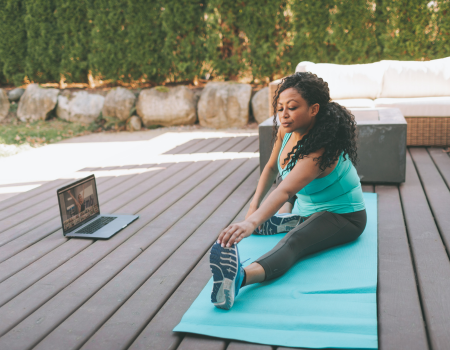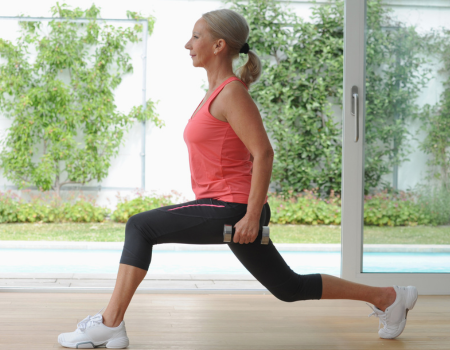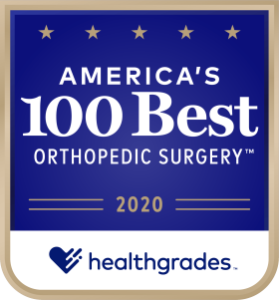 As our population ages, the importance of orthopedic care becomes increasingly evident in the pursuit of maintaining a high quality of life. Aging often brings challenges to musculoskeletal health, affecting mobility and, consequently, independence. In this blog post, we’ll explore the crucial role of orthopedic care in supporting the aging population and preserving their ability to move freely.
As our population ages, the importance of orthopedic care becomes increasingly evident in the pursuit of maintaining a high quality of life. Aging often brings challenges to musculoskeletal health, affecting mobility and, consequently, independence. In this blog post, we’ll explore the crucial role of orthopedic care in supporting the aging population and preserving their ability to move freely.
- Understanding Aging-Related Orthopedic Challenges:
As individuals age, the musculoskeletal system undergoes natural wear and tear. Conditions such as osteoarthritis, osteoporosis, and joint degeneration become more prevalent, affecting mobility and causing discomfort. Orthopedic care addresses these challenges with a focus on enhancing function and reducing pain.
- Early Detection and Intervention:
Orthopedic specialists play a vital role in early detection of age-related musculoskeletal issues. Regular check-ups can identify conditions in their early stages, allowing for timely intervention and the implementation of preventive measures to slow down the progression of degenerative diseases.
- Customized Treatment Plans:
Orthopedic care recognizes the uniqueness of each patient. Treatment plans are tailored to individual needs, considering factors such as overall health, lifestyle, and personal goals. Customized approaches may include physical therapy, medication, joint injections, or, in severe cases, surgical interventions.
- Joint Preservation Techniques:
Orthopedic advancements focus on joint preservation techniques, aiming to prolong the life of natural joints and delay the need for joint replacement surgeries. These techniques include regenerative medicine, minimally invasive procedures, and lifestyle modifications that support joint health.
- Fall Prevention Strategies:
 Orthopedic care extends beyond treating existing conditions to proactively preventing injuries. For the aging population, falls are a significant concern. Orthopedic specialists provide guidance on exercises to improve balance, recommend assistive devices, and offer home safety tips to reduce the risk of falls.
Orthopedic care extends beyond treating existing conditions to proactively preventing injuries. For the aging population, falls are a significant concern. Orthopedic specialists provide guidance on exercises to improve balance, recommend assistive devices, and offer home safety tips to reduce the risk of falls.
- Pain Management:
Chronic pain is a common companion in aging, often associated with orthopedic conditions. Orthopedic care emphasizes effective pain management strategies, combining medication, physical therapy, and non-invasive interventions to enhance comfort and improve daily functioning.
- Rehabilitation and Physical Therapy:
For those recovering from orthopedic surgeries or managing chronic conditions, rehabilitation and physical therapy are key components of care. These interventions focus on restoring mobility, strength, and flexibility, enabling individuals to regain independence and participate in daily activities.
- Assistive Devices and Adaptive Equipment:
Orthopedic care includes recommendations for assistive devices and adaptive equipment that enhance independence. Mobility aids, joint braces, and ergonomic solutions contribute to making daily tasks more manageable for the aging population.
Orthopedic care plays a pivotal role in empowering the aging population to age gracefully while maintaining mobility and independence. By combining early detection, personalized treatment plans, and a focus on preventive measures, orthopedic specialists contribute to the overall well-being of older individuals. As the field continues to advance, the future of orthopedic care holds even more promise for enhancing the quality of life for our aging population.
This blog provides general information and discussions about health and related subjects. The information and other content provided in this blog, website or in any linked materials are not intended and should not be considered, or used as a substitute for, medical advice, diagnosis or treatment. This blog does not constitute the practice of any medical, nursing or other professional health care advice, diagnosis or treatment. We cannot diagnose conditions, provide second opinions or make specific treatment recommendations through this blog or website.
If you or any other person has a medical concern, you should consult with your health care provider or seek other professional medical treatment immediately. Never disregard professional medical advice or delay in seeking it because of something that you have read on this blog, website or in any linked materials. If you are experiencing a medical emergency, please call 911 or call for emergency medical help on the nearest telephone immediately.




